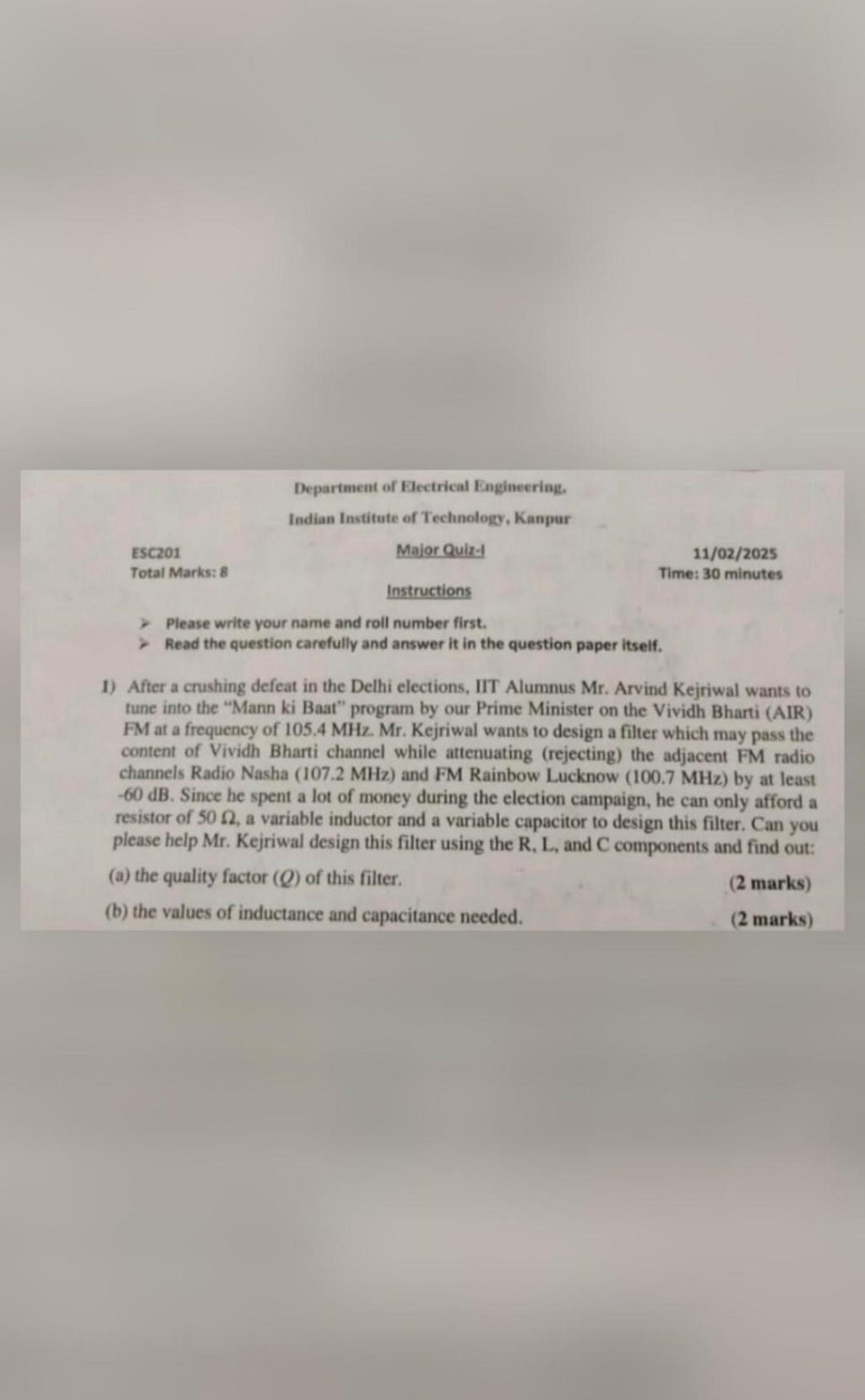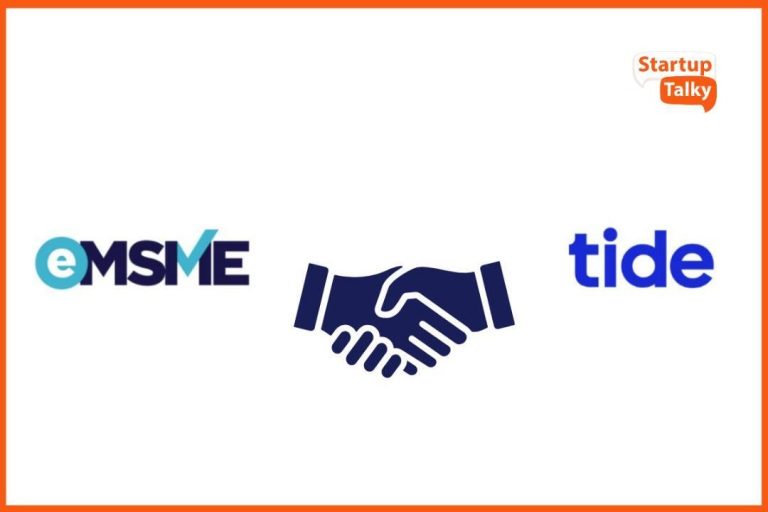
Wanted Exam to be More Engaging: IIT Kanpur on ‘Kejriwal & Mann Ki Baat’ Question
In the world of academia, exams are often seen as a crucial part of the learning process. They help students assess their knowledge and understanding of a subject, and also serve as a means to evaluate their critical thinking and problem-solving skills. However, not all exams are created equal, and some may be more engaging than others. A recent example of an exam that has gone viral is the one asked by IIT Kanpur to its students, which asked them to design a filter for Arvind Kejriwal, the Chief Minister of Delhi, to help him listen to PM Narendra Modi’s ‘Mann Ki Baat’ after the Delhi poll loss.
The question, which was shared on social media, quickly went viral and sparked a lot of interest and curiosity among people. While some were amused by the creativity of the question, others were left wondering if such a question was really necessary or relevant to the course. In this blog post, we will take a closer look at the question, its background, and what IIT Kanpur has to say about it.
Background of the Question
The question was part of a civil engineering exam at IIT Kanpur, and it asked students to design a filter for Arvind Kejriwal to help him listen to PM Narendra Modi’s ‘Mann Ki Baat’ after the Delhi poll loss. The question was designed to test the students’ knowledge of signal processing and filtering, which is an important concept in the field of communication engineering.
However, what made this question unique was the reference to a well-known personality, Arvind Kejriwal, and a popular government program, ‘Mann Ki Baat’. The question was not just about designing a filter, but also about the practical application of the concept in a real-world scenario.
Reaction to the Question
The question quickly went viral on social media, with many people sharing it and commenting on its creativity. Some people praised the professor who drafted the question for his creativity and ability to make the exam more engaging, while others criticized the question for being too unconventional and irrelevant to the course.
IIT Kanpur’s Response
In response to the viral question, IIT Kanpur confirmed that the question was indeed part of an actual exam paper. The institute also stated that the professor who drafted the question likes to use references to well-known personalities to make exam questions more engaging.
In an interview with a leading news publication, the professor who drafted the question explained that he uses references to popular culture and current events to make the exam more engaging and relevant to the students. He believes that this approach helps students to connect the theoretical concepts they are learning in class to real-world scenarios, making the learning process more enjoyable and effective.
Importance of Engaging Exam Questions
The IIT Kanpur question is a great example of how engaging exam questions can make a positive impact on the learning process. When exam questions are creative and relevant to real-world scenarios, students are more likely to be motivated and engaged in the learning process.
In addition, engaging exam questions can also help to break the monotony of traditional exam questions, which often focus on rote memorization and regurgitation of information. By incorporating real-world scenarios and references to popular culture, exam questions can become more relevant and meaningful to students, making the learning process more enjoyable and effective.
Conclusion
The IIT Kanpur question that asked students to design a filter for Arvind Kejriwal to help him listen to PM Narendra Modi’s ‘Mann Ki Baat’ after the Delhi poll loss is a great example of how engaging exam questions can make a positive impact on the learning process. By incorporating real-world scenarios and references to popular culture, exam questions can become more relevant and meaningful to students, making the learning process more enjoyable and effective.
As educators, we should strive to create exam questions that are not only challenging but also engaging and relevant to real-world scenarios. By doing so, we can make the learning process more enjoyable and effective for our students, and help them to develop the skills and knowledge they need to succeed in their future careers.






